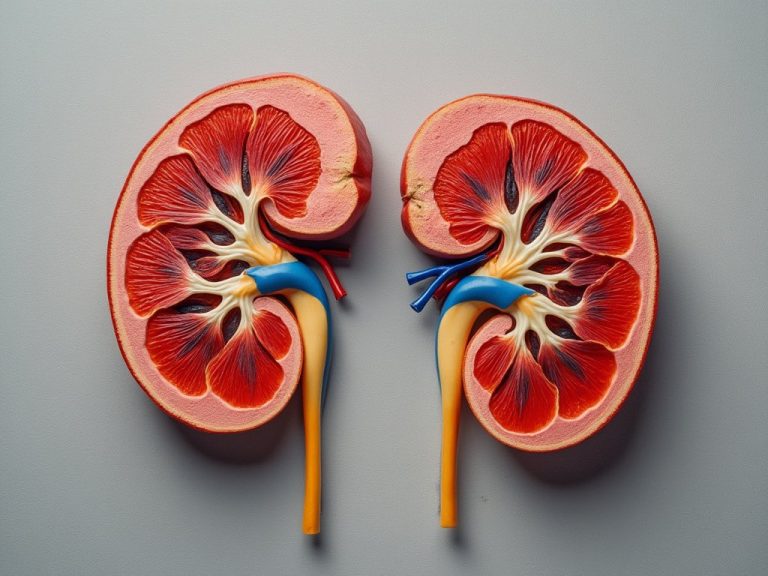At the 63rd Annual General Meeting of the Nigerian Medical Association, a renowned researcher in chronic kidney disease (CKD) and cardiovascular medicine, Dr. Emeka Obi unveiled groundbreaking findings that are poised to redefine the management of both conditions.
His research, which draws from over 690,000 hospitalizations, delves into the intricate relationship between CKD and cardiovascular events, uncovering several previously overlooked risk factors that contribute to adverse cardiovascular outcomes in CKD patients.
Dr. Obi’s team identified key predictors of cardiovascular complications, including malnutrition, post-dialytic hypotension, thrombophilia, and the effects of post-transplant immunosuppressive therapy.
These insights challenge traditional approaches to CKD management and promise to transform clinical strategies for treating this vulnerable patient group.
“Understanding these CKD-specific risk factors will allow physicians to tailor treatment plans, prioritize critical interventions, and significantly improve patient outcomes,” Dr. Obi explained. “This is more than just theory; it is a practical guide to saving lives.”
The study also highlights the alarming cardiovascular risks faced by CKD patients, with estimates showing that 158 out of every 1000 CKD-related hospital admissions result in serious cardiovascular events such as heart failure, acute coronary syndromes, or sudden cardiac death.
Given the high incidence, Dr. Obi stresses the urgent need for more precise and personalized care.
Key findings from the study include the importance of malnutrition as a critical risk factor.
Dr. Obi’s work shows that addressing nutritional deficiencies could dramatically improve cardiovascular health in CKD patients, an area that has previously been underappreciated in clinical care.
The study also explores the role of post-dialytic hypotension, a condition where blood pressure drops dangerously low after dialysis, which further exacerbates cardiovascular risks.
Thrombophilia, a tendency to form abnormal blood clots, and sleep disorders were also identified as crucial contributors to the overall risk profile in CKD patients.
In a significant departure from traditional cardiovascular treatment, Dr. Obi’s research advocates for a more holistic, patient-specific approach that integrates CKD-specific factors.
“This is a shift from focusing only on cardiovascular treatments to incorporating CKD’s unique risks into personalized care strategies,” he said.
Beyond the clinical world, the study holds particular importance for healthcare systems in regions like Sub-Saharan Africa and Nigeria, where CKD and cardiovascular disease are disproportionately prevalent.
Dr. Obi hopes his findings will influence healthcare policies in these regions, where targeted interventions could save thousands of lives.
“The research is a model for collaboration between nephrologists and cardiologists,” Dr. Obi added. “It’s not just about finding risk factors; it’s about reshaping how we approach treatment and making meaningful improvements in patient care.”
The implications of this study extend beyond the laboratory, offering hope to millions of CKD patients who face heightened cardiovascular risks. Dr. Obi’s work empowers patients and their families with the knowledge they need to make informed decisions about their care.
“Patients now have tools to better navigate CKD management and cardiovascular risk,” Dr. Obi said, emphasizing the importance of communication between doctors and patients in achieving successful outcomes.


